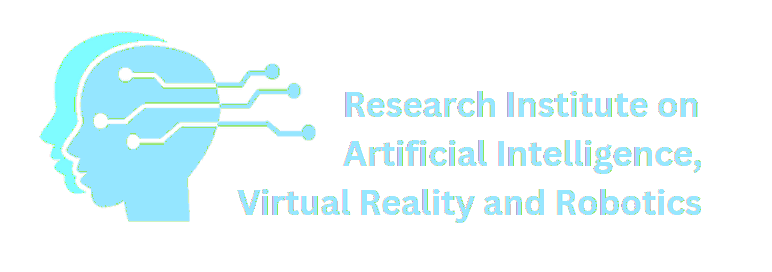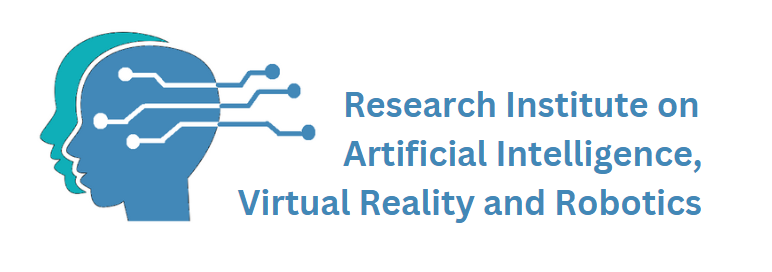Applied Computational Intelligence
Contents
- Programme profile (eng)
- Planuri de învățământ (rou) și fișele disciplinelor (rou)
- Academic curriculum (rou) and Syllabi (eng)
Programme motivation
The complexity of real world problems and consequently, the need to create complex software systems that can continuously adapt to a dynamic environment such as the real world lead to a growing interest in the use of computational intelligence techniques in the development of specific applications.
Computational intelligence is a subfield of Artificial Intelligence concerned with the design, application and development of computational paradigms inspired by fields such as biology, social sciences and linguistics. It is mainly concerned with fuzzy systems, neural networks, cognitive systems, systems inspired by nature and hybrid intelligent systems in which all these paradigms are employed. The Master’s specialization “Applied Computational Intelligence” (ICA) aims to cover the theoretical, applied and practical aspects of these computational paradigms. We particularly aim to connect computational intelligence techniques to real-world projects and applications in fields such as finance, game theory, biological sciences and medicine, bio-informatics, industry, linguistics and software engineering.
The use of artificial intelligence techniques in sectors such as economics and commerce continues to grow and develop rapidly. Many algorithmic and computational techniques from artificial intelligence, which until recently were state-of-the-art in the research field, are now frequently used in practice. For example, the discovery of knowledge in large volumes of data (based on neural networks or other artificial intelligence techniques) is a rapidly developing commercial area in which many companies are increasingly interested. On the other hand, the gaming industry is depending more and more on artificial intelligence to generate game environments and opponents that mimic reality as closely as possible.
New computational techniques are used in knowledge discovery and machine learning, especially for identifying relationships in temporal data and in solutions to a variety of complex problems, including planning and optimization. These techniques have great potential to provide companies with a level of competitiveness in the development of new products, such as new drugs or products in different fields.
Currently, there is a growing interest in the use of artificial intelligence techniques, especially as far as computational intelligence in the industrial and commercial sectors is concerned. Theoretical and practical knowledge related to programming techniques from the field of Computational Intelligence is absolutely necessary for programmers and researchers in modern and innovative organizations. Considering these aspects, the ICA Master’s programme will provide its graduates with the necessary abilities, skills and knowledge to keep up with the extremely rapid development of dynamic fields such as Computer Science. The programme is designed to provide students with up-to-date knowledge and computational skills in the field of machine learning and intelligent knowledge discovery methods.
The ICA programme is interdisciplinary and aims to provide and combine the latest knowledge and computational skills in areas such as: artificial intelligence (machine learning, intelligent methods for knowledge discovery and data processing, non-conventional computing), applications of computational intelligence (in linguistics, software engineering, simulation methods), software engineering (software modeling, software project management, advanced distributed programming) and computational mathematics (mathematical modeling, computational statistics).
The students who graduate from the ICA Master’s specialization will have skills that refer to the application of computational intelligence techniques in order to solve complex real-world problems. This will open employment prospects in software companies where the design of intelligent software systems for modeling different processes is important. Some examples of such companies are: banking and business institutions; companies dealing with the development of computer games where the use of adaptive intelligent systems is necessary; pharmaceutical companies designing intelligent systems for modeling different drugs and their interactions; industrial fields (such as the oil, steel, chemical or automotive industries) in which it is necessary to design intelligent modeling and control systems.
Additionally, the programme provides opportunities to learn more about applications of Computational Intelligence in the commercial and industrial fields, as well as software development, especially in directions where members of our research collective (Applied Computational Intelligence) have research expertise in intelligent data analysis, machine learning, object recognition, knowledge representation, computational linguistics and application of computational intelligence techniques in software engineering. The ICA programme is intended for all those who are interested in developing complex software applications using computational intelligence techniques. The programme is suitable for those who want to specialize in the field of applied computational intelligence, as well as for those who already work in the field of IT or other fields associated with it, such as software development, and want to enrich their knowledge. The knowledge accumulated during the two years of study of the ICA Master’s programme will serve as a theoretical and applied basis for those graduates who wish to pursue a doctorate in the field of applied artificial intelligence.
Important universities in Europe and North America offer Master’s programs with a similar profile. Among them, we mention here the following:
- Linkopings University (Sweden), Statistics and Data Science Master’s programme
- Central Connecticut State University (USA), Data Science Master’s programme
- Aalto University, Helsinki (Finland), Machine Learning, Data Science and Artificial Intelligence Master’s programme
- Technical University Wien (Austria), Computational Intelligence Master’s programme
- Illinois Institute of Technology (USA), Computational Intelligence Master’s programme
- University of Sheffield (UK), Computational Intelligence Master’s programme
- University of Kent (UK), Computational Intelligence Master’s programme
(c) Professor dr. Horia F. Pop

